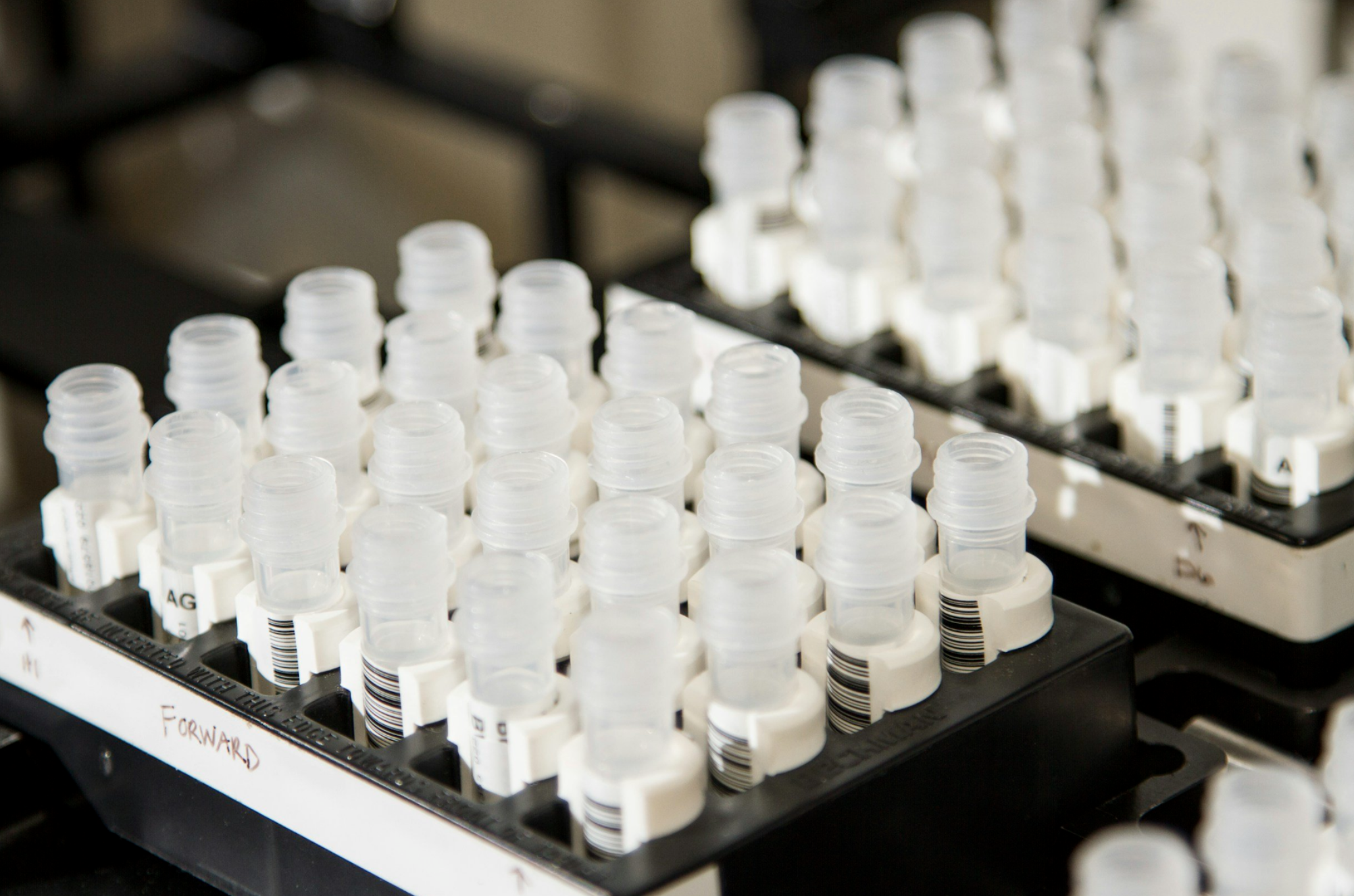Melatonin Profile
Melatonin imbalances have been associated with a wide array of health problems, including:
Sleep disorders
Depression
Seasonal Affective Disorder (SAD)
Chronic progressive multiple sclerosis
Menstrual irregularities
Melatonin’s synthesis and secretion can be strongly influenced by day length, artificial illumination, electromagnetic energy, exercise, seasonal changes, impairment in methionine metabolism, and aging. Since synthesis and secretion are easily disrupted, accurate assessment of levels and circadian rhythm is critical.
The Role of Melatonin
Melatonin is synthesized within the pineal gland from tryptophan during the dark phase of the day. With its unique ability to pass through all blood barriers in the body, melatonin acts as the central hub of physiological function. Melatonin’s role is to:
Orchestrate the complex interactions between the mind, body, and environment
Influence most of the autonomic, hormonal, and behavioral functions of the human organism
Advance sleep time and duration
Modulate annual and circadian biorhythms (thereby reducing symptoms of jet-lag)
Regulate the body temperature
Regulate cardiovascular function
Regulate immune function, with a possible role in fighting cancer
Act as an antioxidant
Regulate female reproductive hormones
Melatonin imbalances have been associated with a wide array of health problems, including:
Sleep disorders
Depression
Seasonal Affective Disorder (SAD)
Chronic progressive multiple sclerosis
Menstrual irregularities
Melatonin’s synthesis and secretion can be strongly influenced by day length, artificial illumination, electromagnetic energy, exercise, seasonal changes, impairment in methionine metabolism, and aging. Since synthesis and secretion are easily disrupted, accurate assessment of levels and circadian rhythm is critical.
The Role of Melatonin
Melatonin is synthesized within the pineal gland from tryptophan during the dark phase of the day. With its unique ability to pass through all blood barriers in the body, melatonin acts as the central hub of physiological function. Melatonin’s role is to:
Orchestrate the complex interactions between the mind, body, and environment
Influence most of the autonomic, hormonal, and behavioral functions of the human organism
Advance sleep time and duration
Modulate annual and circadian biorhythms (thereby reducing symptoms of jet-lag)
Regulate the body temperature
Regulate cardiovascular function
Regulate immune function, with a possible role in fighting cancer
Act as an antioxidant
Regulate female reproductive hormones
Melatonin imbalances have been associated with a wide array of health problems, including:
Sleep disorders
Depression
Seasonal Affective Disorder (SAD)
Chronic progressive multiple sclerosis
Menstrual irregularities
Melatonin’s synthesis and secretion can be strongly influenced by day length, artificial illumination, electromagnetic energy, exercise, seasonal changes, impairment in methionine metabolism, and aging. Since synthesis and secretion are easily disrupted, accurate assessment of levels and circadian rhythm is critical.
The Role of Melatonin
Melatonin is synthesized within the pineal gland from tryptophan during the dark phase of the day. With its unique ability to pass through all blood barriers in the body, melatonin acts as the central hub of physiological function. Melatonin’s role is to:
Orchestrate the complex interactions between the mind, body, and environment
Influence most of the autonomic, hormonal, and behavioral functions of the human organism
Advance sleep time and duration
Modulate annual and circadian biorhythms (thereby reducing symptoms of jet-lag)
Regulate the body temperature
Regulate cardiovascular function
Regulate immune function, with a possible role in fighting cancer
Act as an antioxidant
Regulate female reproductive hormones

